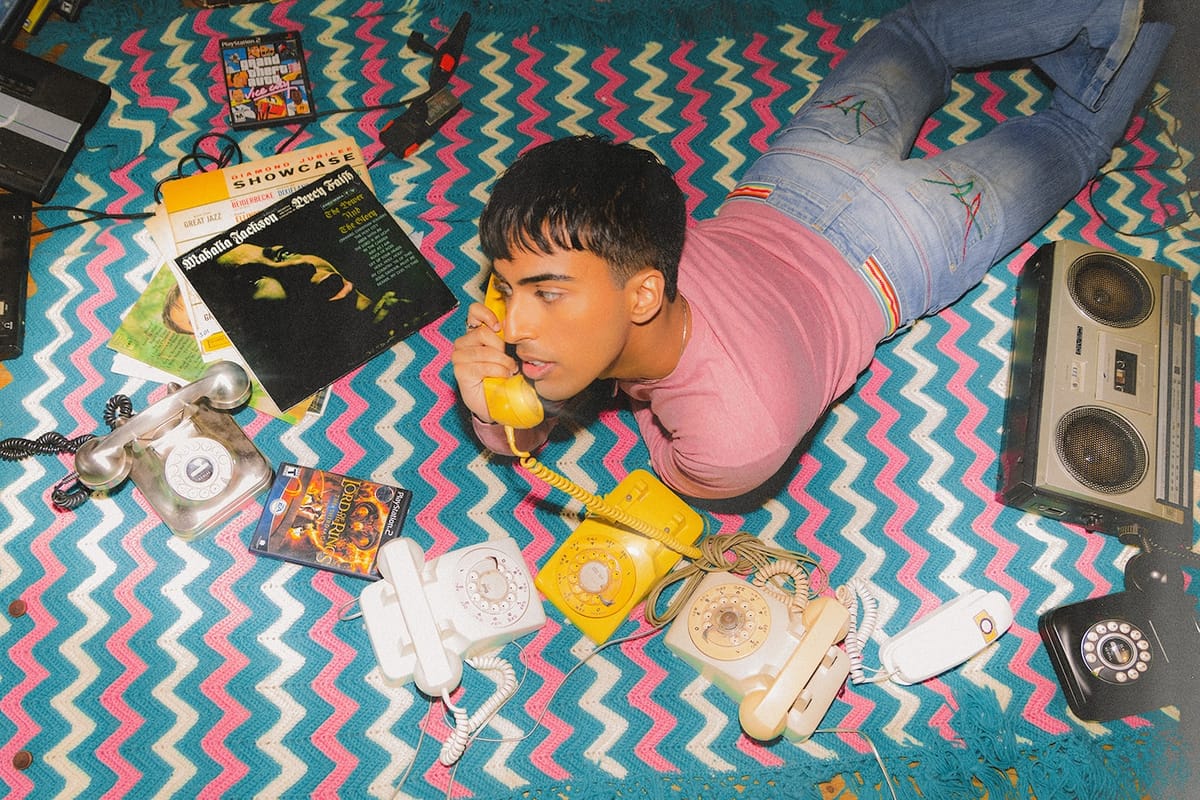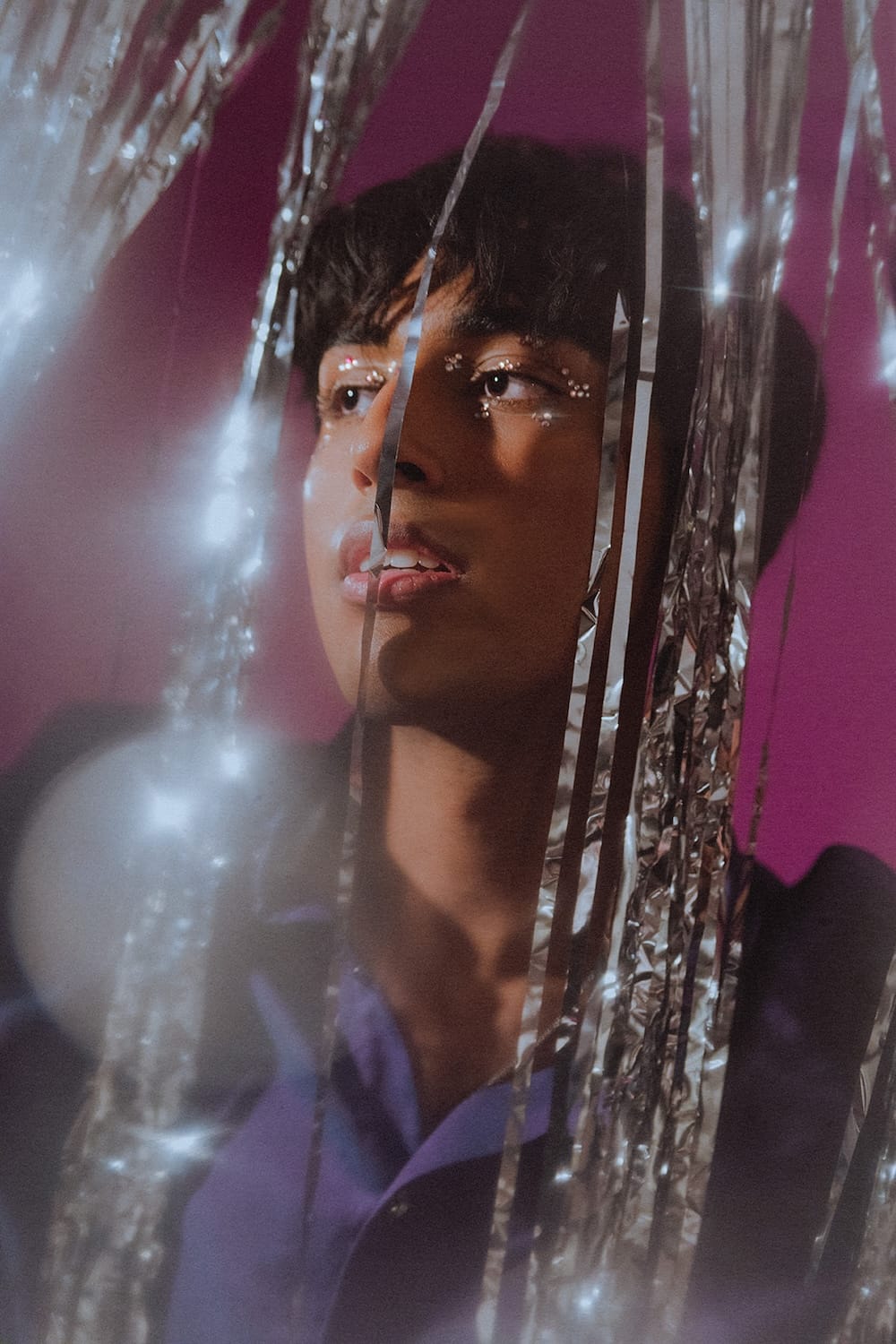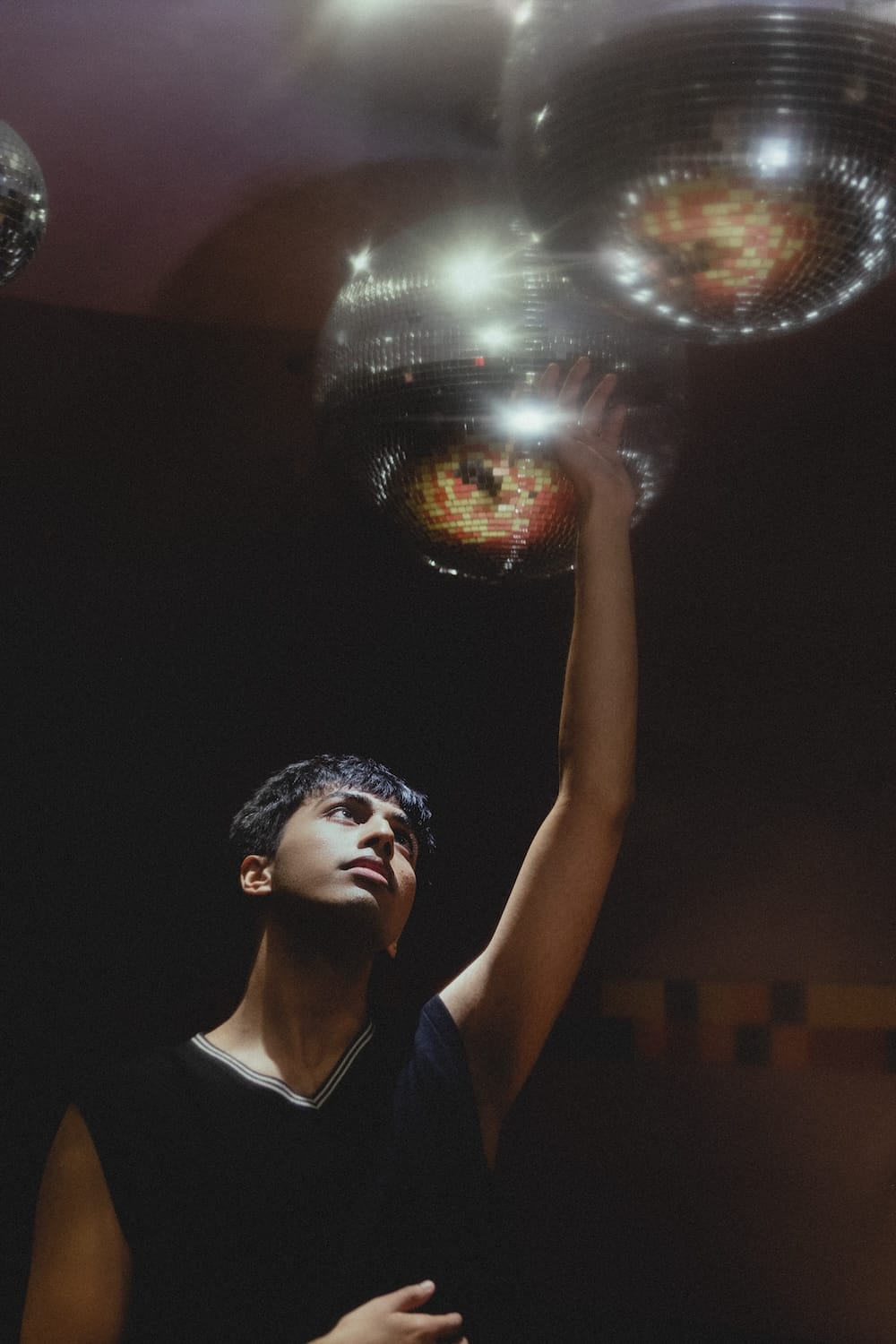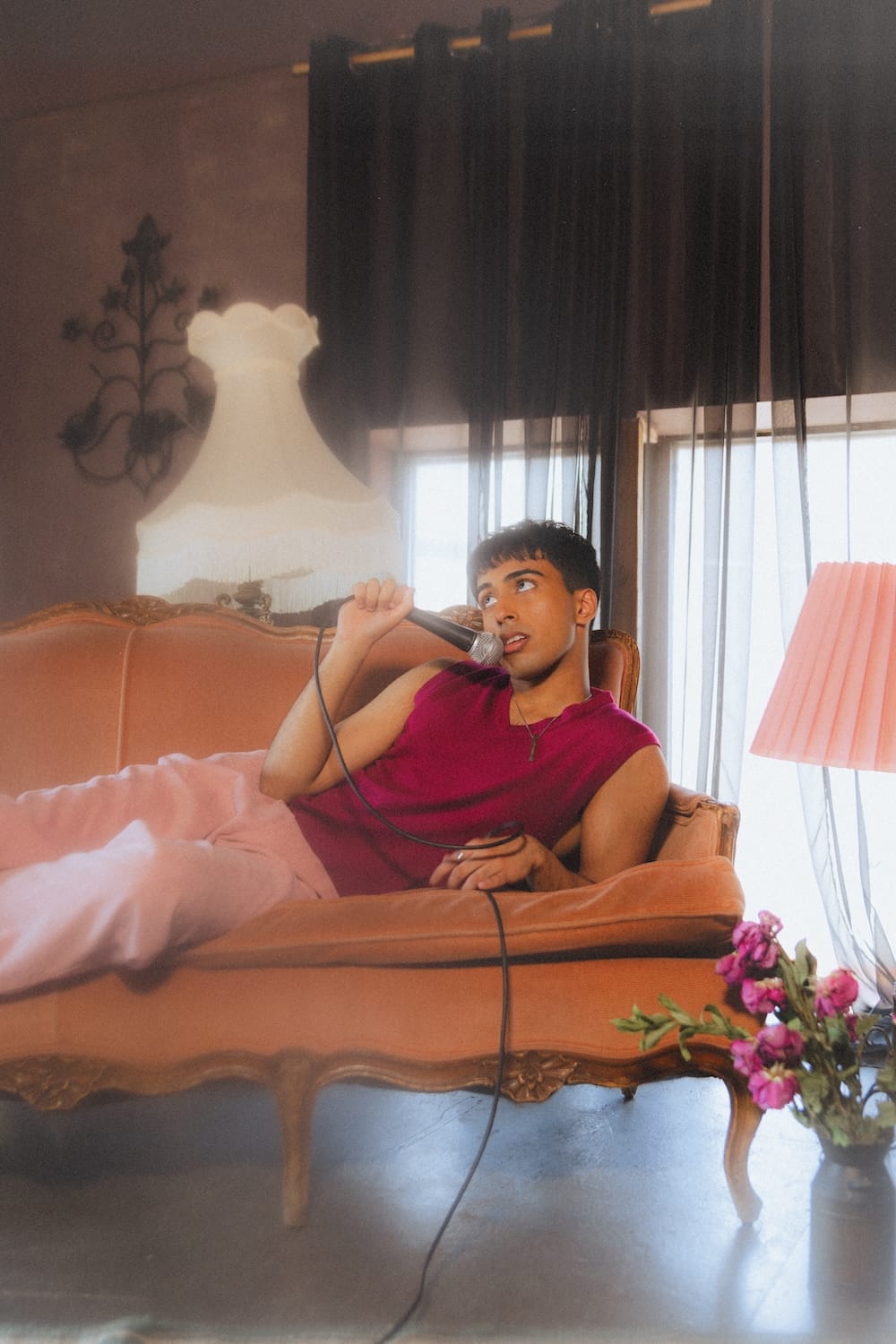
Ali Shah had just started to see someone. And that someone had just been talking to their ex.
Shah found out directly — a message notification on his date’s phone proved it. So, Shah was direct in his response: he wrote a song about it.
“Wish You Would Die” gives Shah the space to reflect on heartbreak as a queer Pakistani man, an identity that is largely absent from pop music.
“When you think about the nature of this relationship, it’s something you would only really see in heteronormative media,” Shah says. “A lot of queer media is focused on the actual getting into the relationship and how that’s a challenge. But okay, when you’re here now, what about these other challenges?”
Shah treats songwriting like a therapy session, which allows him to bring raw, unfiltered thoughts into his music. “When I do write it, I don’t have to revisit that emotion.”
He also brings his identity.

“Saying the simplest sentence in my song is inherently different because of my identity,” Shah says. “Anyone with a different identity speaking about mundane, normal things … it’s powerful.”
Shah wants to be the gay male representation for brown boys that he says is missing in the music industry.
“Being someone, being a role model or anything, a voice, for the brown queer community is important to me. That’s why I put out music,” Shah says. “I want people like me, who look like me, who act like me, feel like me, to hear [my music] and be like, ‘Oh yeah, that’s also how I feel.’”

The music industry doesn’t need representation, Shah says, but accurate representation.
“A lot of people, when they think of representation, they think, ‘Oh, someone straight from the country itself who speaks that language,’ … No, there’s a lot of people of color right next to you,” Shah says.
He knows firsthand the boxes music executives place artists in to reduce their identities to stereotypes. Some industry professionals, Shah says, have asked him to make “brown music.”
“If you listen to my music, I specialize in pop music — Western pop music,” Shah says.

He credits social media and its ability to connect different communities, and in turn, give artists the power to create their own agency in the music industry.
“If you go on any social media, you’ll see so many different types of musicians,” Shah says. “Just 10 years ago, we wouldn’t have really seen that.”
He’s optimistic the next few years will bring more positive change. “Every year it feels like there’s more visibility,” Shah says.
He notes KATSEYE’s Lara Raj and her recent coming out as queer.
“I think it’s so awesome that everyone is getting on board, slowly but surely, with new faces and new identities,” Shah says.
Shah is also moving forward with new sounds.
“Lead By Example,” which Shah calls a sexually-charged, in-your-face pop song, comes out June 27. He say it’s “the opposite of ‘Wish You Would Die.’”
“I love dropping singles that are just so different to each other, because I think it shows the different corners of this world that I’m building,” Shah says.
That world is “the project,” as he often refers to it, officially titled Boy Blues. Shah is unsure whether it will be an EP or album, but he does know the concept.
“Boy Blues is about basically all the emotions, all the feelings, all the heightened emotions that you can feel as a boy or with a boy,” he says.
Shah is the rising gay, brown pop star of today, but he knows he’s far from being the last.
“I think even in the next three to five years, we’re going to see a lot of new South Asian pop stars.”
Until then, Shah will continue to write about his life, and he hopes you find a piece of your own story in it.
“I hope I connect to people who can see themselves in me and can identify with my identity,” he says.

